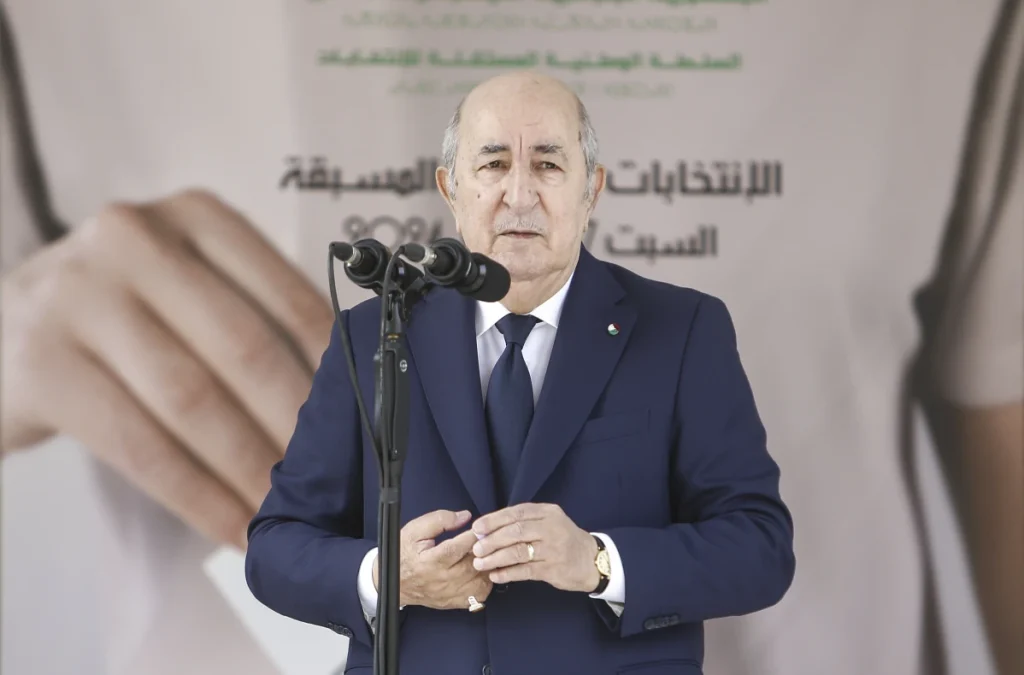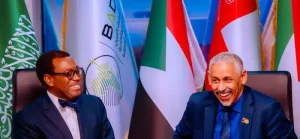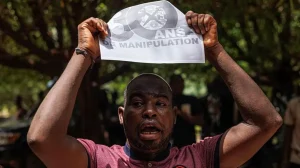
Algerian President Abdelmadjid Tebboune has been re-elected for a second term, winning a commanding 94.65% of the vote, according to the country’s electoral authority, ANIE. Over 5.3 million people cast their ballots in favor of Tebboune, ANIE head Mohamed Charfi announced on Sunday.
Tebboune, 78, faced two main challengers: Abdelaali Hassani, a moderate Islamist who received 3.17% of the vote, and Youcef Aouchiche, a socialist candidate who garnered 2.16%. Despite his landslide victory, voter turnout became a major point of contention. “The president has been keen to have a significant turnout,” stated Hasni Abidi, an analyst at the Geneva-based CERMAM Study Center. “It’s his main issue.”
While ANIE reported a 48% voter turnout, all three presidential campaigns, including Tebboune’s, issued a joint statement expressing concerns over “irregularities” in the reported figures. The opposition called the participation numbers “strange” and accused ANIE of attempting to “inflate the results.” Ahmed Sadouk, head of Hassani’s campaign, denounced the election results as a “masquerade,” stating that “the results undermine the elections and tarnish the image of the country.”
French President Emmanuel Macron congratulated Tebboune, emphasizing the “exceptional relationship” between Algeria and France despite periodic tensions. However, Tebboune faces challenges ahead, particularly in addressing the needs of Algeria’s youth, who make up half of the country’s 45 million population and have largely “divorced from politics” after the Hirak protests ended, according to Abidi.
The re-elected president is expected to focus on economic reforms, job creation, and political freedoms to win over the younger generation, many of whom are dissatisfied with the status quo. Human rights groups have highlighted ongoing “severe repression” of dissent in the country, with Amnesty International stating that “Algerian authorities continue to stifle civic space.”
Tebboune has promised to create 450,000 jobs if re-elected and has touted economic growth during his first term. However, Algeria remains heavily dependent on oil and gas exports, which fund its social programs.








